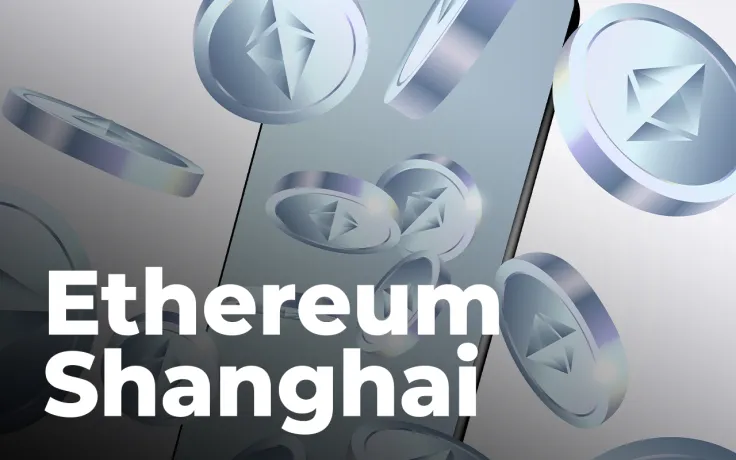The largest smart contracts platform, Ethereum (ETH), is getting closer to a transition to Proof-of-Stake (PoS) consensus, i.e., The Merge. Ethereum Foundation unveils the details of its testing and next upgrade design.
New EVM, reconsidered Beacon Chain withdrawals: What changes in Shanghai?
Mr. Tim Beiko, high-profile Ethereum (ETH) developer and researcher, has published a summary of All Core Devs (ACD) meeting #10. The document describes the latest progress on pre-Merge testnet Kiln and the next steps in Ethereum (ETH) development.
Later than expected, here is another ACD update, fresh off the press ?
2500 words to cover the latest Merge updates ⛓, Shanghai highlights ?, harmonizing EL & CL governance processes? and Protocol Guild ?https://t.co/jImlU7tft4?from=article-links— Tim Beiko | timbeiko.eth ?? (@TimBeiko) March 25, 2022
The Kiln testnet recently launched as the final testing phase before The Merge. Following the crucial Kintsugi testnet, it is designed to experiment with transactions and infrastructure. Once Kiln is closed, Merge processes will be emulated in major public Ethereum (ETH) testnets such as Ropsten, Goerli, Sepolia and so on.
Mr. Beiko stressed that the security of the transition is a top priority for the ACD community:
While we are close, and this is an incredibly exciting moment for the entire community, the safety of transition, more than any target date, is the #1 priority for The Merge.
Then, Ethereum (ETH) engineers started working on the Shanghai upgrade. Its agenda includes the introduction of EVM Object Format or EOF, a new type of smart contracts with advanced functionality.
The activation of Shanghai will implement EIP-4895, which enables Beacon Chain withdrawals. The partial withdrawal option will allow Ethereum (ETH) stakers to withdraw rewards, leaving 32 ETH deposits untouched.
Ethereum (ETH) to reduce fees on its L2s: Here's how
Reduced fees for Ethereum's L2s are among the most impressive novelties of Shaghai hardfork. It was decided to reduce the cost from 16 gas per byte of CALLDATA (crucial Ethereum function) to 3 gas/byte.
Then, EIP-4844 would implement a novel Shard Blob Transactions design. As covered by U.Today previously, it paves the way to full-fledged sharding in novel Ethereum (ETH).
In April, Ethereum (ETH) developers are going to finalize implementations, run multiple short-lived devnets and work with community feedback.



 Dan Burgin
Dan Burgin Vladislav Sopov
Vladislav Sopov